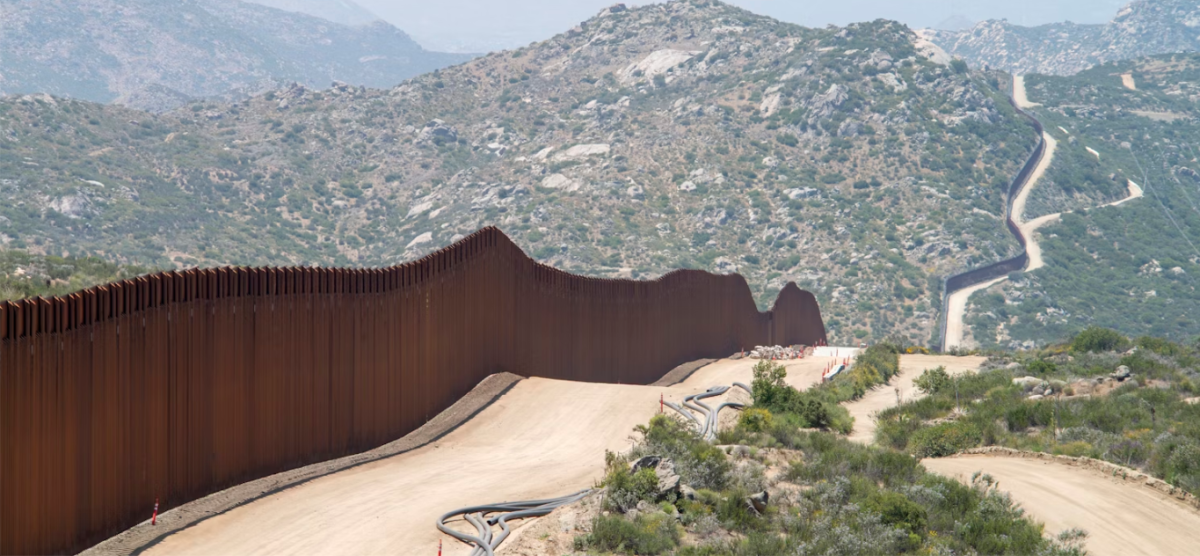On November 8th, a video posted on X (formerly Twitter) sparked a conversation that a majority of the world has entirely avoided. The clip was of an unidentified Congolese man; he stood in the midst of a crowd in Kinshasa with a banner reading “Stop the genocide in Congo.”
The man proceeded to pour fuel over himself before igniting himself with a match. He pushed anyone trying to assist him away, before he ultimately fell on the ground, engulfed in flames.
The man’s self immolation was an attempt to bring attention to the humanitarian crisis in the Democratic Republic of Congo (DRC)—the county’s labor conditions, which some have labeled “modern day slavery.”
The DRC’s economy is dependent on one mineral: cobalt. The rechargeable batteries of smartphones, computers, and electric vehicles are often powered by this mineral. The DRC has more cobalt reserves than any other place on the planet, and Western powers have started the race for these high tech metals.
Cobalt has been an innovation in the sustainability of modern day technology. The mineral is used in the manufacturing of a large majority of rechargeable lithium ion batteries; presently, Big Tech such as Apple, Tesla, and Microsoft use a majority of the mined cobalt.
Yet this sustainability falls flat in the extraction process of cobalt. A majority of the DRC’s cobalt is being extracted by “artisanal miners,” otherwise known as freelance workers who are submerged in the dangerous conditions of mining for hours on end to get the American equivalent of a few dollars per day.
The mineral is extremely toxic; exposure to cobalt can cause cancer. Ingesting, breathing, or touching cobalt can lead to cobalt poisoning. The hundreds of thousands of Congolese people working in these mines do not have adequate protection—they use anything from pickaxes to rebar to hack away for hours in the mines. Each day, these miners get dosed with high levels of cobalt that can lead to cardiomyopathy, deafness, tinnitus, and thyroid problems.
The risks of mining do not stop there: miners are at a constant risk of being trapped or injured by collapsing mine shafts. Miners are also forced to be wary of falling into open mine shafts, or even drowning while mining underwater. As reported by World Vision’s interviews in the cobalt mines, at least 19 percent of workers have witnessed a child die on the mining sites. Up to 2,000 people die each year in the mines of the DRC.
For many freelance workers, working in these mines is the only option. Hundreds of thousands of people have been displaced from their villages, millions of trees have been bulldozed—the entire landscape of the DRC has shifted to become an industrial machine. The mining scene has ravaged many of the other economic opportunities available for the Congolese: it’s the choice between staying out of the mines or having food to eat. It’s the reason these work conditions have been called “modern-day slavery,” for many do not have any other choice.
Children are subject to the dangerous conditions of the mine as well. About 40,000 of the 255,000 working in the Congolese cobalt mines—or over 15 percent of cobalt miners are children. Families enlist everyone to earn wages in these mines; children opt for working in the mines instead of going to school. Mothers even strap babies onto their backs as they plunge into the mines. What other choice do they have? Even the minuscule wage a child makes in a day at the mines is a major contributor to a family eating or starving.
Fortunately, some organizations provide help for the DRC, especially by providing emergency assistance and humanitarian aid. One of the worst problems in this crisis is the proportion of the population facing food insecurity: nearly 64 percent of the DRC’s population lives in poverty, according to the International Rescue Committee (IRC). The IRC works to help those in the Congo by providing emergency healthcare, shelter, water, sanitation, and emergency supplies to those in the eastern and central parts of the country.
Doctors Without Borders (DWS) has also taken to helping those in the Congo by setting up emergency interventions for Congolese people in displaced communities. The organization is also supporting health facilities in many different regions, to provide help anywhere from surgery to therapeutic nutrition. Both DWS and the IRC are accepting donations to fund the work they are doing in the Congo.
For those who can’t donate, there is a call to boycott tech companies that rely on the Congo’s cobalt mining, such as Apple, Samsung, and many vape brands. The goal is to force these companies from using exploitative methods to make their products—boycotters opt for refurbished tech products if absolutely necessary, as Big Tech does not profit from these purchases.
Congo is going through a grave humanitarian crisis, and the Congolese are actively being exploited for the gain of Big Tech. This slavery has devastatingly flown under the radar of the world, who actively enables their exploitation by buying tech goods. With the boycott of tech goods and donations to humanitarian aid, activists and organizations aim, hopefully, to end the genocide in the Congo.







![[Protest Tbilisi April 2024] by [Jelger Groeneveld] is licensed under [CC BY 2.0].](https://flhsprospect.com/wp-content/uploads/2025/01/Screenshot-2025-01-29-151213-1-1200x897.png)
